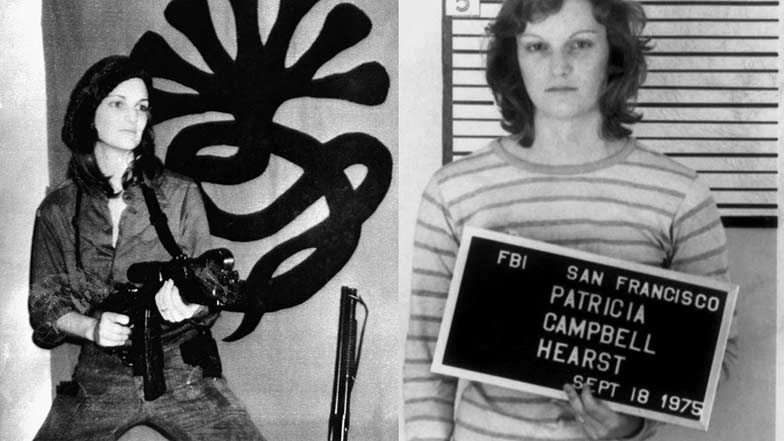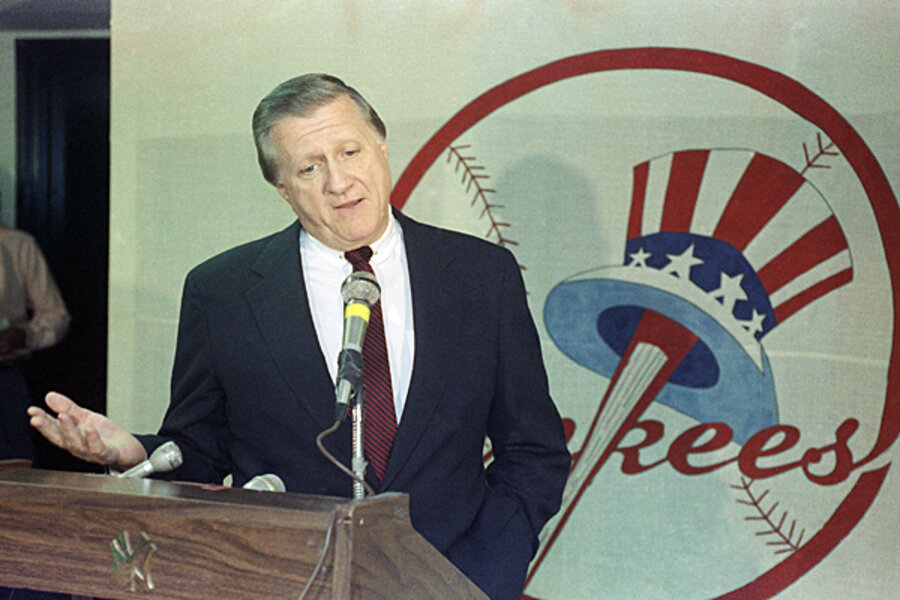Presidential pardons have long been a source of controversy and intrigue in American politics. From acts of national reconciliation to decisions that sparked public outrage, here is a compilation of some of the most remarkable and debated presidential pardons in U.S. history.
1. Richard Nixon – Pardoned by Gerald Ford (1974)
In a move that stunned the nation, President Gerald Ford granted a full and unconditional pardon to his predecessor, Richard Nixon, for any crimes he might have committed during the Watergate scandal.
Ford justified the pardon as a step toward national healing, but it was met with widespread criticism and is believed to have contributed to his loss in the 1976 election.
2. Patty Hearst – Commuted by Jimmy Carter (1979), Pardoned by Bill Clinton (2001)
Patty Hearst, the heiress kidnapped by the Symbionese Liberation Army, shocked the public by participating in a bank robbery with her captors.
After serving 22 months of a seven-year sentence, President Carter commuted her sentence, citing her traumatic experience. Years later, President Clinton granted her a full pardon.

3. Joe Arpaio – Pardoned by Donald Trump (2017)
Former Arizona Sheriff Joe Arpaio was convicted of criminal contempt for defying a court order to stop racial profiling practices.
President Trump’s pardon of Arpaio was controversial, with critics arguing it undermined the rule of law and condoned discriminatory practices.
4. George Steinbrenner – Pardoned by Ronald Reagan (1989)
New York Yankees owner George Steinbrenner was convicted in 1974 for making illegal contributions to Nixon’s re-election campaign and obstructing justice.
President Reagan’s pardon in 1989 was criticized as an example of preferential treatment for the wealthy and powerful.

5. Scooter Libby – Sentence Commuted by George W. Bush (2007), Pardoned by Donald Trump (2018)
Lewis “Scooter” Libby, former Chief of Staff to Vice President Dick Cheney, was convicted of perjury and obstruction of justice in the Valerie Plame CIA leak case.
President Bush commuted his 30-month prison sentence, and years later, President Trump granted him a full pardon.
6. Junior Johnson – Pardoned by Ronald Reagan (1986)
NASCAR legend Junior Johnson was convicted in 1956 for operating an illegal moonshine still.
After serving 11 months in prison, he went on to have a successful racing career. President Reagan pardoned him in 1986, restoring his civil rights.
7. Jefferson Davis – Citizenship Restored by Jimmy Carter (1978)
Over a century after the Civil War, President Carter signed legislation restoring the U.S. citizenship of Jefferson Davis, the former president of the Confederate States.
The move was symbolic, aiming to heal lingering divisions from the war.
8. George Wilson – Refused Pardon from Andrew Jackson (1830)
In a unique case, George Wilson was convicted of robbing the U.S. Mail and sentenced to death. President Jackson issued a pardon, but Wilson refused to accept it.
The Supreme Court ruled that a pardon must be accepted to be effective, and Wilson was subsequently executed.
9. Hunter Biden – Pardoned by Joe Biden (2025)
In a highly controversial move, President Joe Biden issued a pardon for his son, Hunter Biden, who had been convicted of tax violations and illegal firearm possession.
The pardon raised questions about presidential authority and potential conflicts of interest.
10. Vietnam War Draft Dodgers – Pardoned by Jimmy Carter (1977)
On his first day in office, President Carter granted a blanket pardon to hundreds of thousands of men who had evaded the draft during the Vietnam War.
The decision was praised by some as a step toward reconciliation but criticized by others who viewed it as a slight to those who served.

